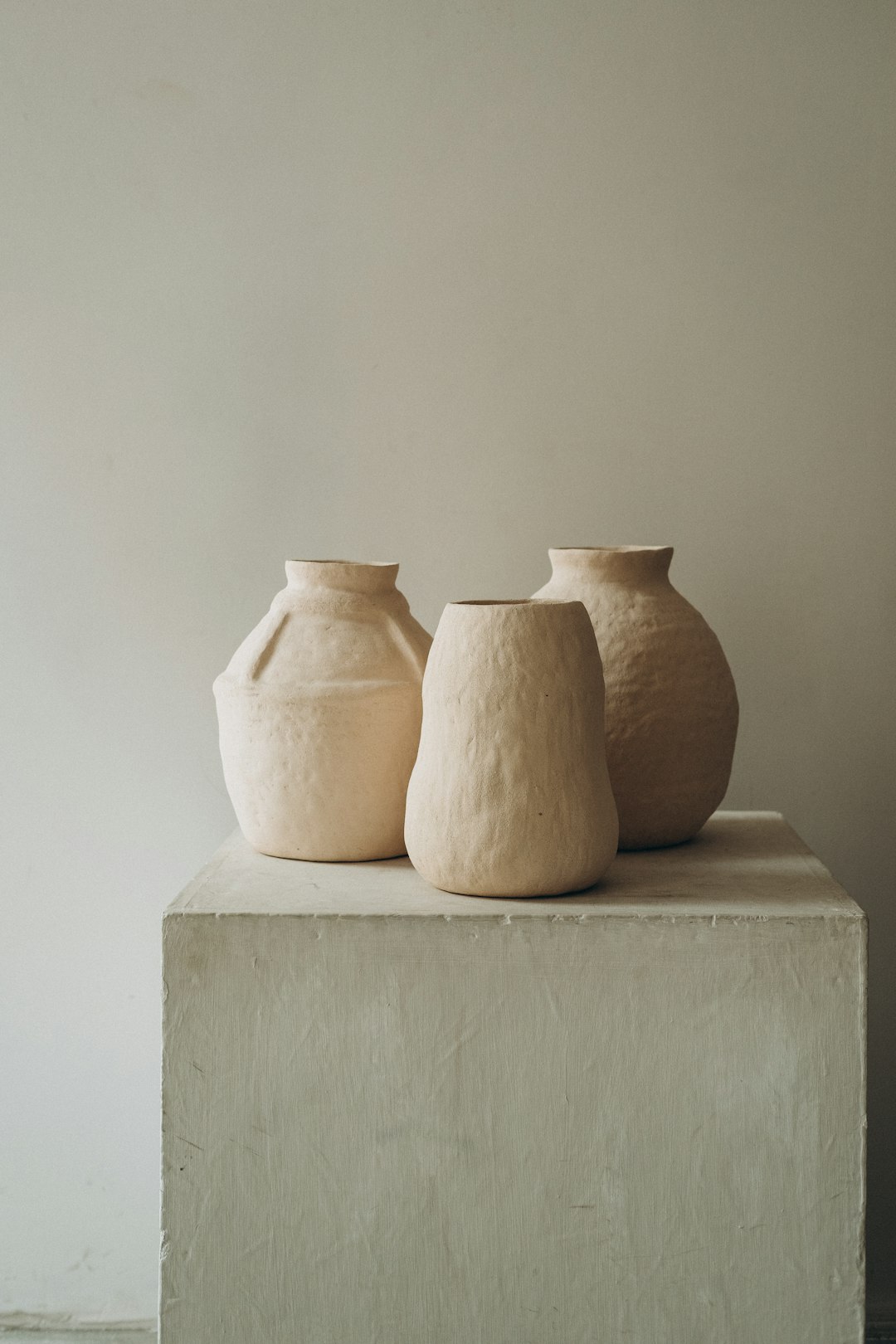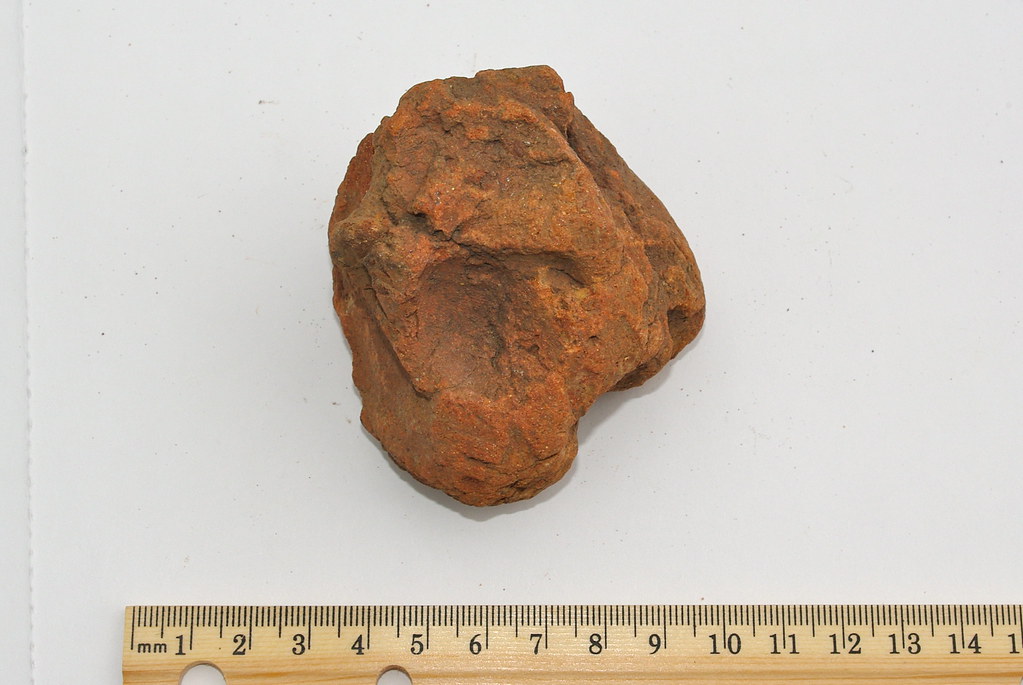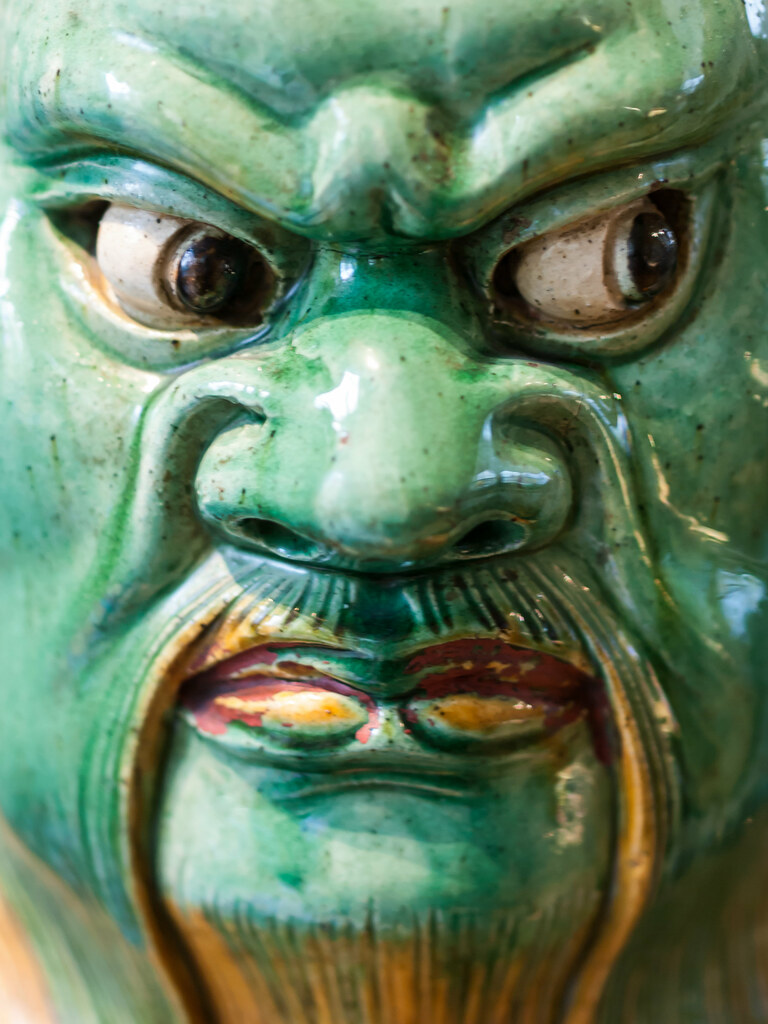What kind of clay is used for pottery largely determines the outcome of your ceramic creations, influencing factors such as texture, color, and durability. Pottery enthusiasts and professionals often explore various clay types to suit their artistic vision, from the versatile earthenware and resilient stoneware to the delicate porcelain. Understanding these distinctions can significantly enhance a potter’s craftsmanship, bringing each unique piece to life with distinct qualities.

| Type of Clay | Characteristics | Common Uses |
|---|---|---|
| Earthenware | Porous, red or brown color, lower firing temperature | Decorative items, beginner pottery projects |
| Stoneware | Non-porous, gray or brown color, higher firing temperature | Functional items like dinnerware and mugs |
| Porcelain | White, translucent, high firing temperature | Fine china, art pieces |
Exploring Earthenware Clay
The charm of earthenware lies in its rustic beauty and accessibility for beginners. Often recognized by its rich red or brown hues, earthenware clay is known for its porous nature and lower firing temperature, typically ranging between 1,000 to 1,150 degrees Celsius. Despite its vulnerability to chips and cracks, it remains a popular choice among potters due to its affordability and ease of use. This type of clay is ideal for crafting decorative items, such as vases and small sculptures, adding an earthy feel to any creation.

- Great for hand-building techniques
- Accepts a wide range of glazes and colors
Durability of Stoneware
Stoneware clay presents a more resilient option for potters who aim to create functional pieces. Its non-porous nature ensures durability, making it the top choice for everyday items like dinnerware and mugs. Stoneware usually fires at a higher temperature, around 1,200 to 1,300 degrees Celsius, resulting in a sturdy, waterproof finish. This clay type typically comes in gray or brown color tones, providing a natural and earthy aesthetic that suits a variety of home styles.

- Withstands thermal shock better, perfect for oven-safe dishes
- Usually doesn’t require a glaze to be waterproof
Refined Porcelain Clay
For those seeking elegance and finesse in their pottery, porcelain clay stands unmatched. Its striking white color and translucency, combined with a smooth texture, enable potters to craft with precision. Known for its high firing temperature, ranging between 1,200 to 1,450 degrees Celsius, porcelain results in a dense and vitrified finish that is both strong and sophisticated. While it’s less forgiving than other clays, mastering porcelain can elevate your art to new levels of beauty.

- Ideal for intricate designs and detailed work
- Produces a glassy surface without a glaze
Embracing the distinct characteristics of these clay types can transform your pottery experience, each offering unique qualities suited to different artistic needs. For a step-by-step guide on how to work with these materials, visit The Ultimate Step-by-Step Guide. What has been your experience working with these clays? Feel free to share your thoughts or tips in the comments below!

Explore our most recent articles for more inspirations to fuel your pottery projects.
Pottery Clay for Beginners: How to Choose
What kind of clay is used for pottery largely determines the outcome of your ceramic creations, influencing factors such as texture, color, and durability. To further explore the different types of clay and how to choose the right one for your projects, watch this informative video from The Pottery Wheel.
What kind of clay is used in pottery?
When you’re shaping clay into a piece of art or functional ware, it’s important to know which type of clay works best. The six main types of ceramic clay are earthenware, stoneware, ball clay, fire clay, porcelain, and air dry clay. Each variety has its own firing requirements, textures, and ideal uses. Whether you’re aiming for rustic earthenware mugs, elegant porcelain figurines, or decorative air dry clay projects, choosing the right clay sets the foundation for a successful creative journey.
Can you use any clay to make pottery?
Yes, it’s possible to use natural clay sourced directly from the ground, but not all clay deposits are ideally suited for pottery. Before you start, remember to check the type of clay to ensure it’s appropriate for ceramic work. Earthenware, stoneware, and porcelain clays are generally the most user-friendly and reliable for both hobbyists and professionals. Each of these clays has unique properties, from firing temperature to overall durability, so experimenting with different types can help you find the perfect match for your project.
Can I use air dry clay for pottery?
Crafting with air dry clay can be a fantastic way to explore your creativity without a kiln. While it isn’t suitable for functional dinnerware or watertight vessels—like mugs or vases—you can craft plenty of beautiful, decorative pieces. Think small jewelry dishes, personalized ornaments, or sculptural art that you can display. Air dry clay hardens at room temperature and is a convenient choice for beginners, children, or anyone looking for a simple way to experiment with pottery techniques.
Choosing the right clay is the foundation of successful pottery, shaping not only the look but also the feel and longevity of your creations. Whether you’re just starting out or have been molding clay for years, experimenting with different types can open up a world of creative possibilities and help you find the perfect match for your artistic vision.
Join Our Creative Community
I'd love to see what you're working on and share more tips and inspirations! Follow us on Instagram to stay updated with the latest pottery ideas and connect with fellow enthusiasts. Let's continue this creative journey together!
